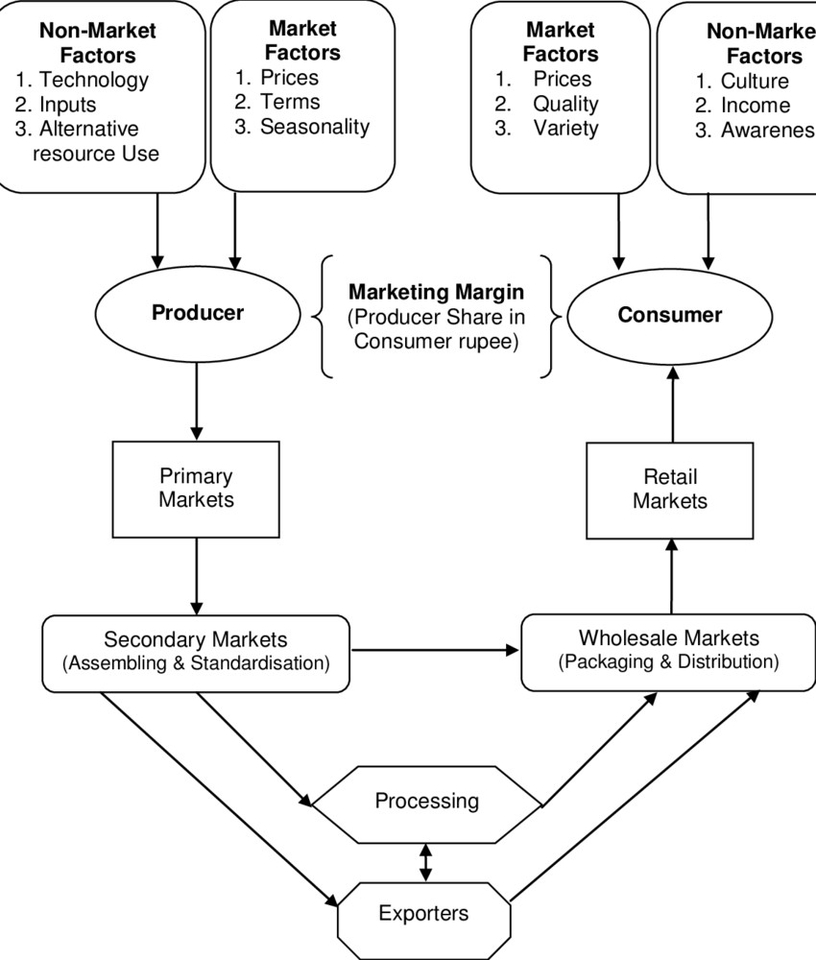
A typical market system is an economic system that relies on the interactions of buyers and sellers to allocate resources and determine prices. A market system has the following characteristics:
– Private ownership: Individuals and businesses own and control most of the factors of production, such as land, labor, and capital. They are free to use them as they see fit, subject to some legal and ethical constraints.
– Freedom of choice: Buyers and sellers can choose what, how, when, and where to produce, consume, or exchange goods and services. They can also enter or exit any market as they wish, without undue barriers or restrictions.
– Self-interest: Buyers and sellers act in their own best interest, seeking to maximize their utility, profit, or satisfaction. They respond to incentives and disincentives in the market, such as prices, quality, reputation, and competition.
– Competition: Buyers and sellers compete with each other to offer the best products or services at the lowest prices. Competition ensures efficiency, innovation, and variety in the market. It also limits the market power of any single buyer or seller.
– Market prices: Prices are determined by the forces of supply and demand, reflecting the scarcity and desirability of goods and services. Prices signal information to buyers and sellers, and coordinate their actions in the market.
– Limited government intervention: The government plays a minimal role in a market system, mainly to provide public goods, enforce property rights, maintain law and order, and correct market failures. The government does not interfere with the market mechanism or the price system, unless there is a clear and compelling reason to do so.
A market system has many advantages over other types of economic systems, such as command, traditional, or mixed economies. Some of these advantages are:
– Efficiency: A market system allocates resources to their most productive and valued uses, minimizing waste and maximizing output. It also encourages innovation and improvement, as buyers and sellers seek to gain an edge over their rivals.
– Diversity: A market system offers a wide range of choices and options to buyers and sellers, catering to their different preferences, tastes, and needs. It also fosters creativity and experimentation, as new products and services are constantly introduced and tested in the market.
– Responsiveness: A market system adjusts quickly and smoothly to changes in consumer demand, resource availability, technology, or other factors that affect the market. It also provides feedback and incentives to buyers and sellers, motivating them to adapt and improve their behavior.
– Freedom: A market system respects and protects the individual rights and liberties of buyers and sellers, allowing them to pursue their own interests and goals. It also promotes social and economic mobility, as buyers and sellers can move up or down
